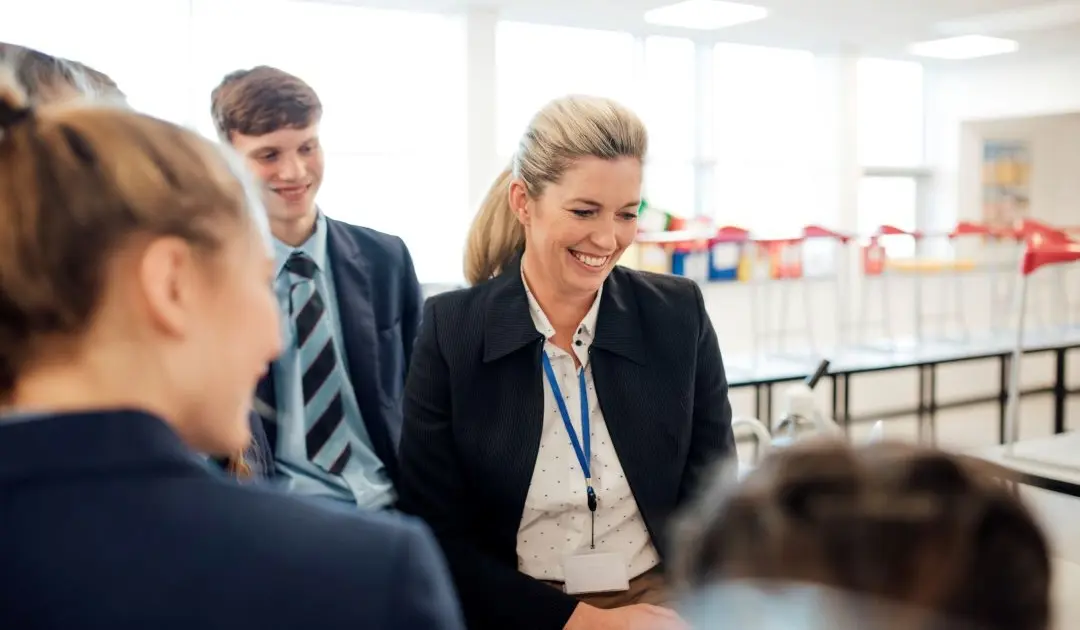How do I reduce outbursts of challenging behaviour?

I have a very difficult quiet class but with some very disruptive boys shouting out, bickering, fighting. They react poorly to sanctions, and it gains the whole class’s attention, which they then play up to. Often, they won't follow sanctions, they also become very disrespectful, and one child said to me yesterday 'you're the worst teacher ever'. This boy tries to defy every rule in and out of class and is reinforced by his mum, even losing his place in his football team I run, seems to have had no positive or negative effect.
How do I reduce his outbursts in class? These now have his peers turning against him as they're fed up with him. He has a lovely side to him when he is not trying to live up to his reputation. (Tom, Year 5 Teacher)
Pupil’s comments are not personal
Firstly, when a child says ‘you’re the worst teacher ever’ for experienced teachers that is like water off a duck’s back, for new teachers who have just started teaching those comments can be really cutting and feel very personal. Especially when you have spent the time planning for your lessons.
You need to remember you’re not the worst teacher ever and many of the children in the class will say they enjoy your teaching.
It is not personal. You must appear unbothered by the comment, be totally unshockable so the child is not aware that it may be a trigger for you.
Restorative practice
It sounds as though you have taken the punishment aspect sanctions as far as you can and taking away the things (such as football in this case) that the child enjoys doesn’t necessarily mean the child will turn their behaviour around for you in the lessons.
We would therefore recommend looking at having more restorative conversations.
Children need time to reflect, and they may need help to do this.
During restorative conversations perform some mentoring and on a post-it note map out the routines the child is currently following then map out the routines you’d like to see them take on.
Identify the behaviours that are not working in your class and give them some alternatives.
Then when you’re teaching, having a signal between you and the child, where you catch them on the new routine, or where they’re falling back to the old routine can also help.
You must use restorative conversations as lever to get the child to address their behaviour in the lesson and in the moment.
Primary and secondary behaviours
Finally, consider primary and secondary behaviours.
When you ask the pupil to stop misbehaving and then they tut or answer back try to ignore it - as hard as it may be!
Often with those children who are angling for conflict, these are the situations that will allow escalation to happen.
The child will not back down, so you need to have a moment of calm and eventually the secondary behaviour will stop, so move on with the lesson.
After the lesson you can then address the secondary behaviour with the pupil, in private.
Where possible also try to give consequences in private rather than out in public in front of the whole class.
For more information on the Classroom Culture train the trainer programme, our Hearts & Minds INSET, or how your school can get a Behaviour Health Check, go to our Classroom Culture programme page and fill in the consultation form.
For more answers to your questions see our Q&A introduction page.